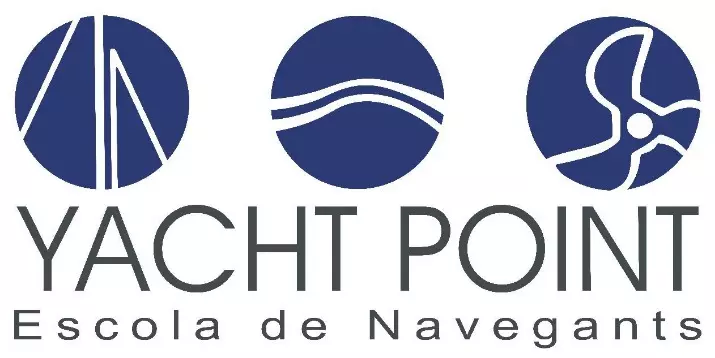Although the Yachtmaster test is an eminently practical, this does not imply that it can be tackled without knowing the basic theory of navigation. The level of theoretical knowledge that is presupposed for any Yachtmaster (both coastal and offshore) means that, among other topics, the candidate must know:
- Nautical meteorology. Without being an expert in the subject, it is essential to have basic knowledge of how the meteorological phenomena that most affect navigation are produced, analysed and communicated.
- Tides and currents. As England is a coastal country affected by the tides, the agenda is more complete than in the Spanish certifications. Not only will you have to be able to calculate the height of the tide at a given time and place, but you will also have to know how to take advantage of the currents generated by these tides (tidal streams) in our navigation and plan this accordingly. Having clear concepts such as springs, neaps, tidal curve, etc, will be essential. The correct use of the “Almanac” will be fundamental.
- Letter work. The candidate to obtain a title of Yachtmaster is presupposed to have a certain dexterity with chart work. Finding your position by various methods, trace directions, calculate drifts, etc.
The knowledge listed above will be used to prepare the most important part in the Yachtmaster course: that is the Passage Plan.
The examiner will request you to elaborate a Passage Plan and later will question you about it.
All these topics are worked on both in the face-to-face courses that we teach in the academy, and in the Theoretical course of Yachmaster Online.
For more information, CONTACT US here or visit the RYA WEBSITE.

